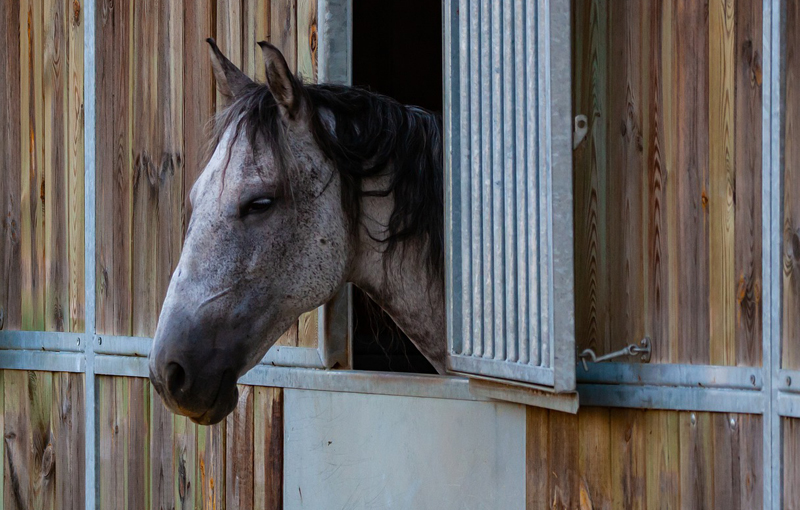UPDATE – September 19, 2017
The Equine Disease Communication Center has reported that a another horse has tested positive for Equine Infectious Anemia (EIA) in Manitoba:
On Sept 13, 2017, a positive equine infectious anemia (EIA) result was confirmed by the Canadian Food Inspection Agency’s (CFIA) national reference laboratory for a horse on a premises in the rural municipality of Rosedale, Manitoba, Canada.
This animal had been sampled by an accredited veterinarian to comply with an event pre-entry requirement; clinical signs of the disease were not reported.
A CFIA investigation is underway, and as per program policy, a quarantine has been placed on the infected animal and its on-premises contacts. The quarantine will remain until all disease response activities have been completed, including follow-up testing and ordering the destruction of confirmed positive cases.
ORIGINAL POST – September 5, 2017
Fourteen horses have tested positive for Equine Infectious Anemia (EIA) in Manitoba since June. It is the first time the infectious disease has been reported in the province since 2006.
According to the Canadian Food Inspection Agency (CFIA), all 14 affected horses have been euthanized, and six farms in the rural municipalities of Armstrong, St. Clements, St. Andrews and Hanover have been put under quarantine since the start of the summer. Two of the quarantines have since been lifted.
EIA, sometimes referred to as “swamp fever” is a viral disease of horses, donkeys and mules. It is only occasionally fatal, with most equids showing few or no clinical signs.
It is transmitted through contaminated blood from one horse to another. Biting insects act as a vector for the disease. EIA can also be transmitted through semen from an infected stallion.
There is no treatment, cure or vaccine for the disease, and once infected, horses remain carriers for life. Options include euthanasia, or a lifetime quarantine.
EIA is controlled through voluntary testing (known as a Coggins test).
Learn more about EIA here.
More from Horse-Canada:




